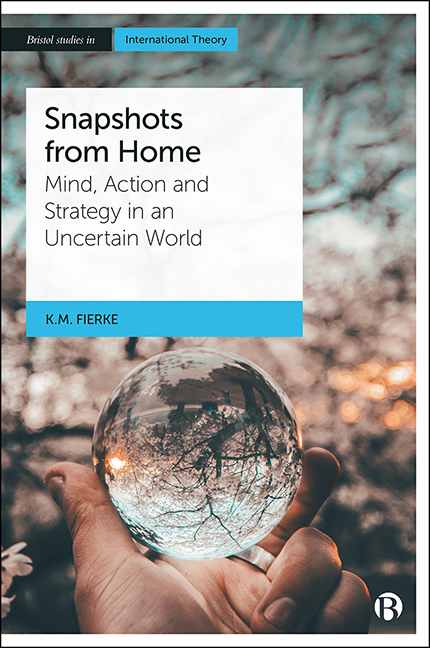At Home in the Universe
Published online by Cambridge University Press: 15 September 2022
Summary
Partha Dasgupta (2021), the economist who published the first full review of the economic importance of nature, stated that ‘nature is our home’. Good economics, he argued, requires that we manage it better. Long-term prosperity requires an assessment of what nature is capable of supplying and how this relates to human need. Extant economic models tend to value human prosperity and the generation of wealth. ‘Nature is a blindspot in economics that we ignore at our peril’, the review submitted. If nature is home, then home has neither been valued nor seen. Always there lurking in the background, nature needs to be brought into sight in order to save it – and us – from ourselves. Far from being in balance, the house is burning down, and radical global changes to production, consumption, finance and education are urgently needed.
The issue is not merely nature but also the possibility of further pandemics. The ongoing destruction of nature is a fundamental driver of diseases that cross from wildlife into humans. Biodiversity experts have argued that even more deadly pandemics are likely unless the destruction is halted (Carrington, 2020). In a guest article for IPBES,Settele et al (2020) stated that we are the problem. Pandemics are a direct consequence of human activity, and in particular of global financial and economic systems that value economic growth at any cost. ‘Rampant deforestation, uncontrolled expansion of agriculture intensive farming, mining and infrastructure development, as well as the exploitation of wild species have created a “perfect storm” for the spillover of disease’, they state. As the Buddha suggested, when the house is burning down, practice is more important than theorizing, for instance, about whether we are capable of action. While theory and practice are never entirely separate, the question here, in conclusion, is how to put the fire out and to find a home in nature and the universe, and what this means for who ‘we’ are and what we do.
The turning of a blind eye to nature and the human role in creating the conditions for pandemics is only one side of the problem. The pandemic has shone a light on the organization of the global house.
- Type
- Chapter
- Information
- Snapshots from HomeMind, Action and Strategy in an Uncertain World, pp. 229 - 253Publisher: Bristol University PressPrint publication year: 2022



